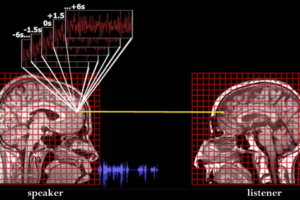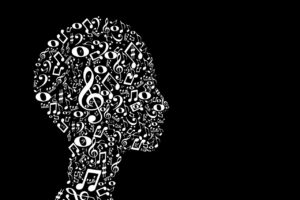Dopamine is often misunderstood. It is thought to have terrible consequences. On the contrary, dopamine is crucial to our daily function. It is a critical part of what is known as the “reward system” brain circuitry.
What is dopamine?
Illustration by George.V.Kach
Dopamine is a neurotransmitter manufactured in your body. The enzyme tyrosine hydroxylase is a key enzyme in the production of dopamine. Dopamine plays a key role in the ability to feel pleasure and happiness. It also plays a role in the ability to think and plan for future events. It gives us drive and focus, the ability to strive for things and to find certain topics interesting.
How does dopamine spread in the human body?Dopamine is spread through four major pathways in the brain. Like many other systems in the human body, we don’t tend to notice the system, or even know about it, until there is an imbalance of it. The Reward SystemNeurons in the brain release dopamine when we expect to receive a reward. This greatly influences human actions and reactions. When the actual reward is greater than what we expect, more amounts of dopamine are released and vice versa. This release gives us a feeling of happiness and makes us want the rewards (or that “high” feeling) again. Dopamine also strengthens reward related memories and emotional associations with rewards.Thus, our brain reinforces behaviors associated with rewards and avoids behaviors associated with punishments.
Dopamine is crucial in our daily ability to function and our ability to think and plan for ourselves. An imbalance of this neurotransmitter can sometimes have devastating effects as explained in a subsequent blog.
Sources:
- Cristol, Hope. “What Is Dopamine?” WebMD, reviewed 14 Jun 2021.
- Lawlor, Patricia A. “Dopamine Metabolism” ScienceDirect Topics, ScienceDirect, 2006.
- “Motivation: Why You Do the Things You Do”, BrainFacts.org





